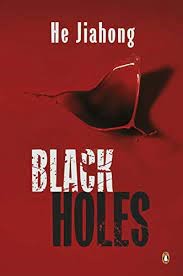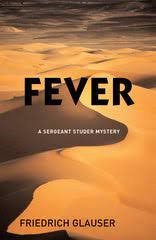Hong Jun is a lawyer who trained in the USA before returning home to practice in China. Xia Dahu asks him to represent his son, Zhe, who has been arrested for fraudulent stock market trading. He’d also like his help in a contract dispute with an American company.
in China. Xia Dahu asks him to represent his son, Zhe, who has been arrested for fraudulent stock market trading. He’d also like his help in a contract dispute with an American company.
With the assistance of his boss’ daughter and ex-wife, Zhe is released from prison on medical grounds, but manages to get himself into an even bigger mess. It will take all of Hong’s experience to save his client and his family from their actions.
The opening chapter in which Hong sets his secretary, Song Jia, a problem about which eyewitness testimony regarding a number plate is correct, had me hoping that here we had a Chinese Perry Mason and Della Street and that what would follow would be a clever courtroom mystery. Unfortunately this was the mystery highpoint of the book.
What actually followed was the story of three families and how their experiences of the Cultural Revolution were being played out in the present. Hong Jun does spring a surprise on the court but only because the police are completely inept and basic information has not been given to the reader.
That Hong Jun is one of the 100 Greatest Literary Detectives and Perry Mason is not tells you that this guide, as will have been obvious from my previous reviews, is more concerned with Literature than Detection.

